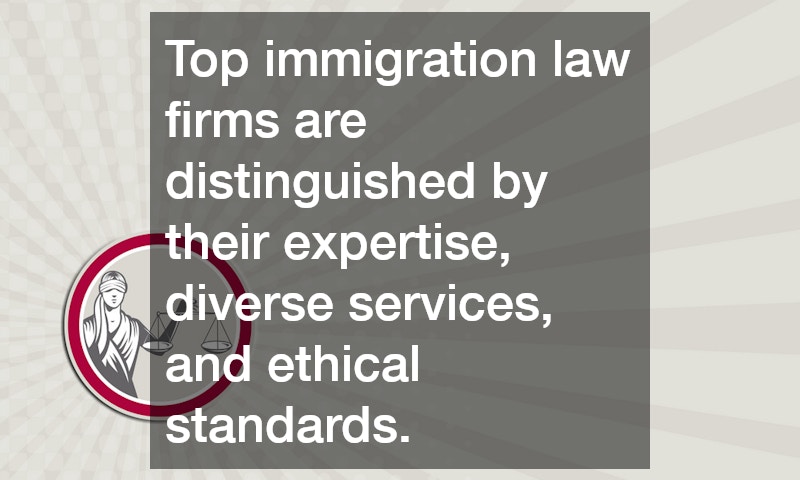It is said that an organisation can only achieve its goals and objectives with the help of hardworking, motivated, and diligent employees. Human as they are, employees get tired, and they lose track of what lies ahead when they are not cared for properly.
This is the reason why, aside from a competitive salary, managers or business owners lean unto the use of non-monetary benefits to boost employees’ morale and entice loyalty and retention. In this regard, we are going to discuss what non-monetary benefits are, common examples and how it affects employees’ performance and more.
Non-Monetary Benefits
These are not financial rewards that are granted to employees aside from their wages and salary. It can be a gift, praise, or a simple accolade for an employee’s efforts, loyalty, and hardworking attitude displayed in the workplace.
Although competitive pay, bonuses and commissions have been a significant choice for organisation selection, non-monetary benefits have provided a substantial impact on an employee’s emotional and psychological frame when at work.
Here are non-monetary benefits that employees crave more than financial gains in the workplace:
Sincere Praise and Recognition
You can be the highest-grossing payer for employee salaries and still lose people and their dedication to work because you have not noticed their efforts and commitment. Human beings, as psychology would state, crave appreciation and affirmation. The same goes in a work setting.
When supervisors, leaders, managers, or business owners recognise an employee for their time, effort and dedication, that worker receives an overwhelming boost that will make him feel motivated to work harder the next time.

Physical Rewards
Non-monetary rewards do not necessarily mean that it does not involve financial resources. Employees don’t get money directly. Some examples of primary rewards an employer can provide his employees are coffee mugs, gift checks, corporate uniform, supplies and more.
The purpose of these physical rewards is to give employees a tangible gift that they can use for their enjoyment. Unlike monetary gains, physical rewards serve as a reminder that they have done a great job, and they are acknowledged for it.
Learning Opportunities
All individuals yearn to learn and discover knowledge, although a typical employee is glued to a computer for a maximum of nine hours. Many employers forget that training is not only conducted during the start of their employment date.
Opportunities to grow and to enhance their skills should be a continuous investment of the employer. Employees that are given these learning opportunities become an asset to the company and feels valued and motivated to work. So, it’s a win-win situation that employers should know.
Management Time
Little do managers know that employees would want to spend a few moments with them to talk about workplace concerns, issues, and employee performance. Getting the chance to speak with a supervisor is crucial for employees to stay focused, motivated, and dedicated to their work.
Also, it is essential for establishing connections and working relationships between manager and employee.
In a perfect world, we can imagine employees working smart, efficiently, and effectively. However, this situation would render a manager lacklustre in building and maintaining human resources that an organisation needs.
Providing non-monetary benefits is just one strategy, and there’s a lot more to discover.

